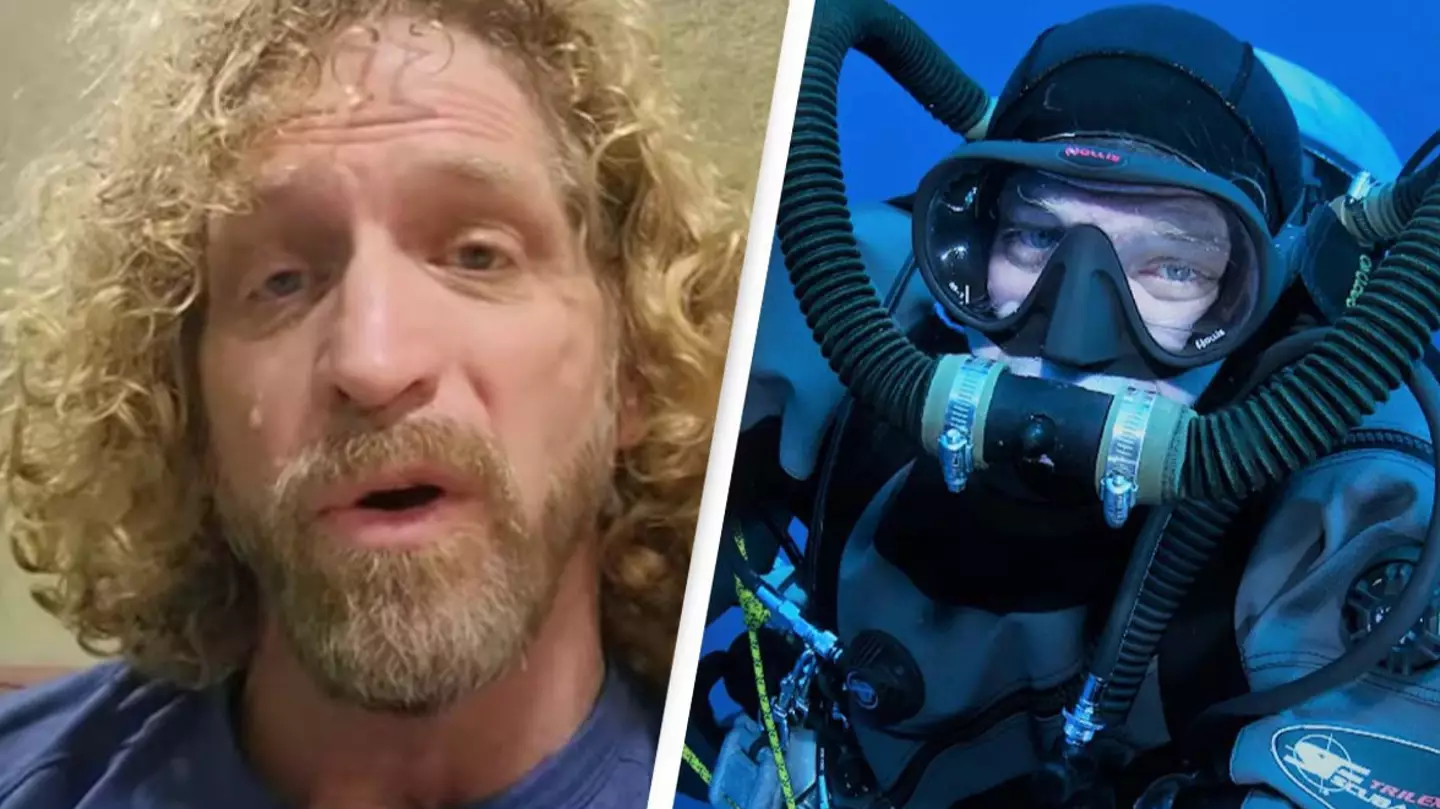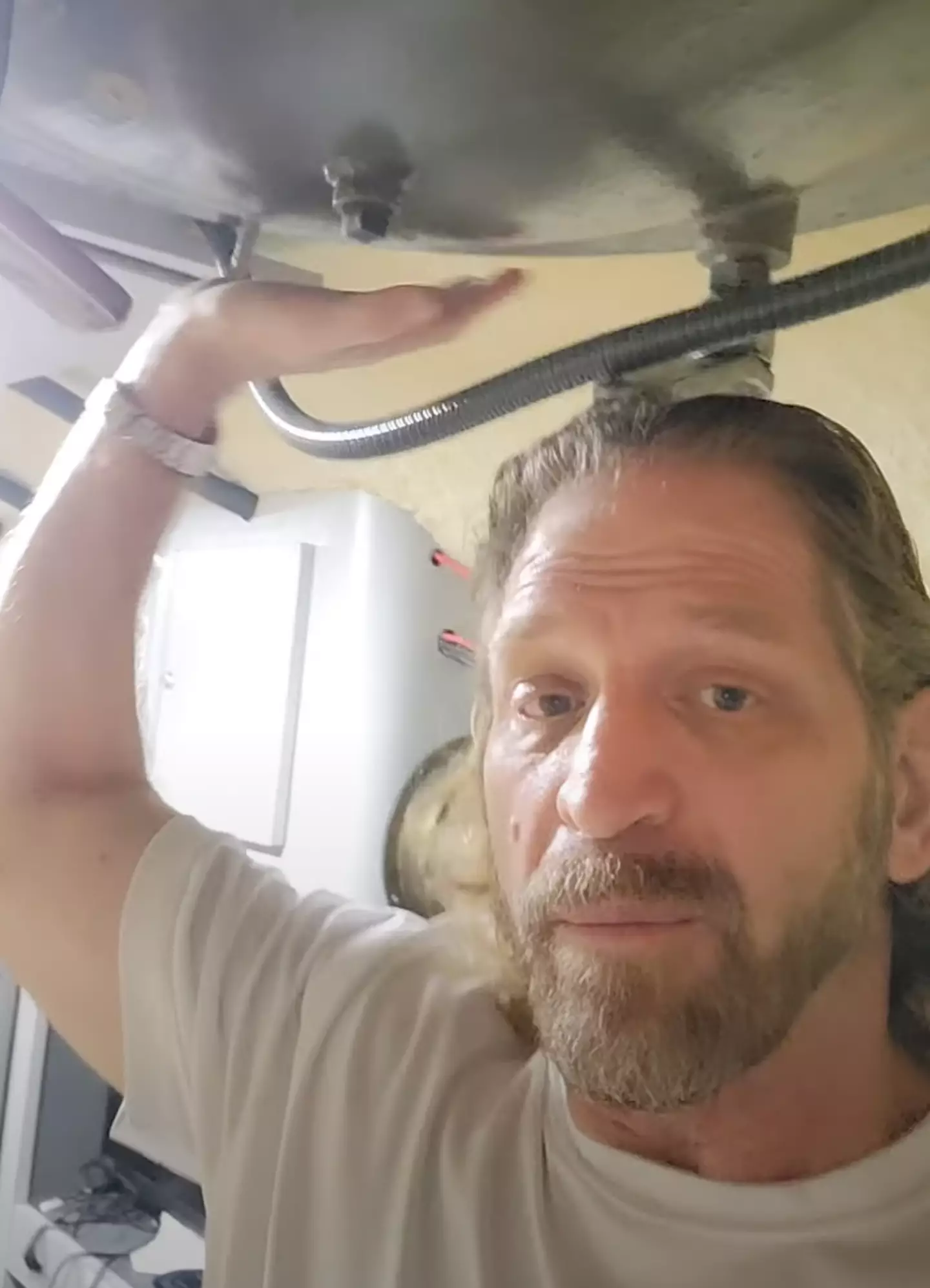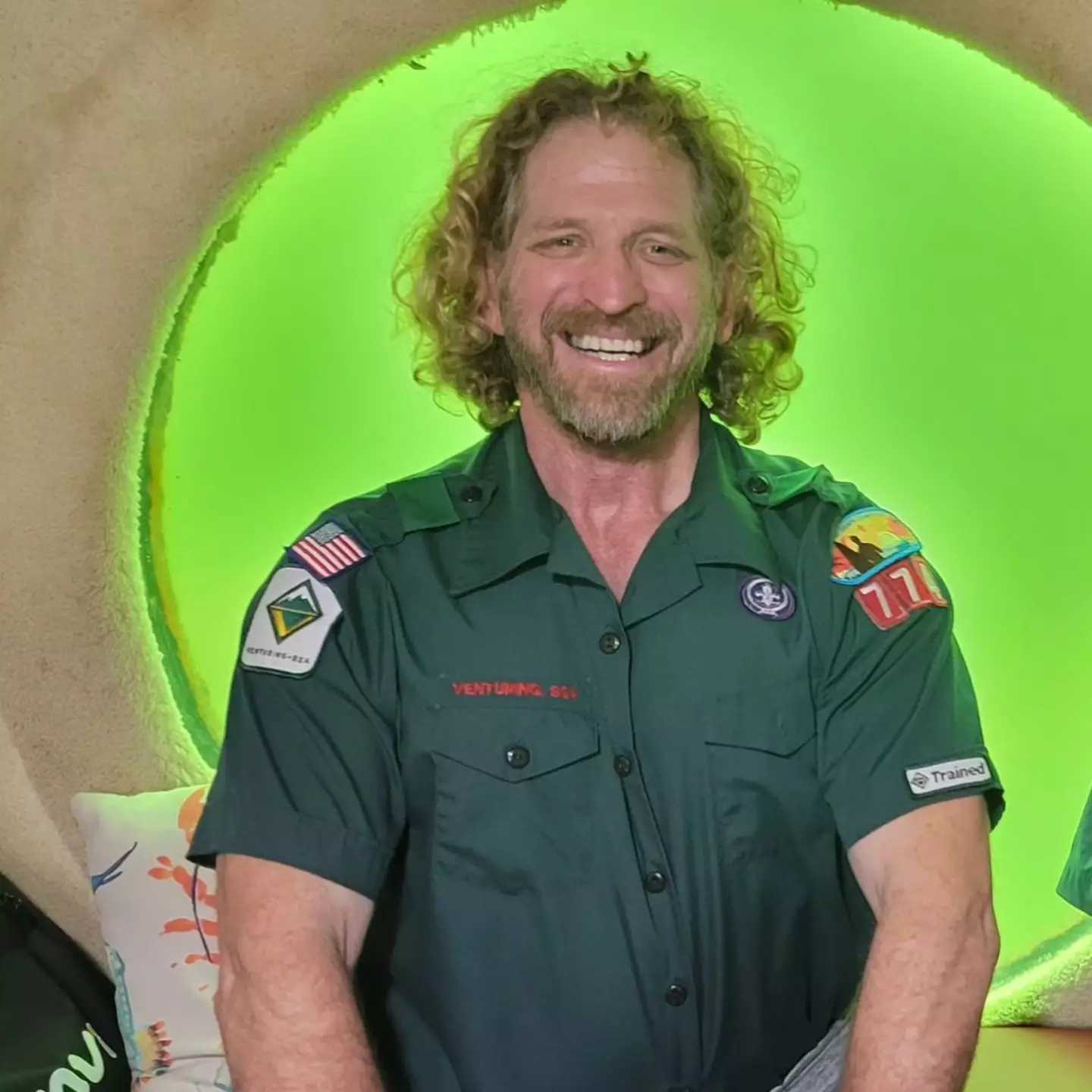
When Dr Joseph Dituri decided to try and live 30 feet under water for 100 days, he was doing it to break a world record - he never thought he'd find a whole new species.
The scientist and former naval officer had challenged himself to spend 100 days in a habitat located 30 feet under a Florida lagoon, and monitor how his body would react to long-term extreme pressure.
For what can only be described as an unpleasant 100 days, he's staying in a small 9m by 9m room that you have to scuba dive to get to.

Advert
Dr Dituri's goal is to research a type of medicine that can help deliver oxygen to the human body under high pressures by helping it to grow new blood vessels.
When he's not recording his body's reaction to the extreme pressure of living underwater, he'll be teaching school students through his laptop.
He'll also be closely monitored be medical, psychological, and psychosocial experts.
So it's a wonder how, between all that, he managed to make a different kind of scientific discovery.
Just one month in to his experiment, Dr Dituri and his team discovered a single-celled organism.
The specimen is now being studied by microbiologists to confirm that it really is a brand new species.
"We believe [it] is a brand new species to science," he told The Independent from his underwater tank room.

"People have dived in this area thousands and thousands of times - it’s been here, we just didn’t look."
Aside from the thrill of discovering a whole new type of species, Dr Dituri is feeling 'wonderful' one month into his experiment.
Experts monitoring his wellbeing have a lot of guesses as to how he'll have changed once he finally resurfaces.
Some professionals estimate that, because of the intense pressure over a long period of time, he'll likely lose about an inch in height.
Another theory is that he'll come out a healthier man, with the increased pressure having potentially major impacts on his body's longevity and response to disease.
That being said, Dr Dituri's experiment could also be quite dangerous.

Since this is the first time someone has been exposed to such high pressure for such a long time, there's no saying how his body will react when he resurfaces.
In other circumstances, rapid decompression of the body could cause anything from severe damage to vital organs, permanent disability, or even death.
"We kind of just hope this works out but we don’t know," he said.
After starting the challenge on 1 March, Dr Dituri will need to stay down there until 14 May to beat the current world record of 73 days.